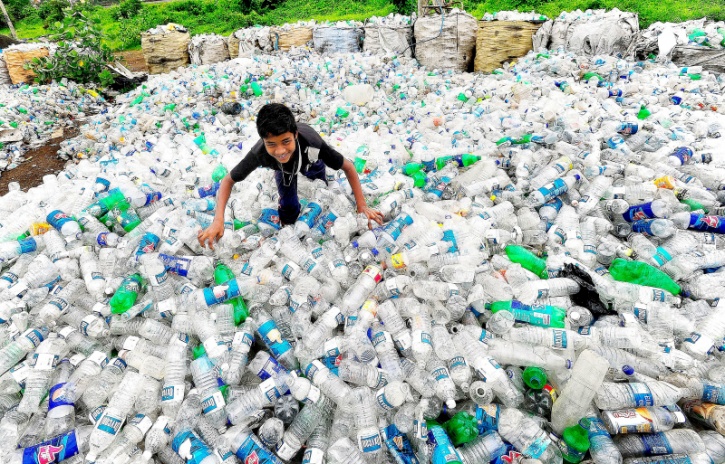

Composting Dog PoopĬomposting also isn’t the answer. Cat waste specifically can contain an organism called Toxoplasma, which is dangerous to sea life and humans with weakened immune systems. For instance, Cryptosporidium is a diarrhea-causing parasite found in animal feces, and therefore it’s not something you’d want in your water supply. As a result, flushing it could actually do more harm than good.īy allowing the feces to enter the sewer system, you’re putting your community and local wildlife at risk of being exposed to harmful bacteria. Flushing Dog Poopīoth cat and dog poop can contain pathogens that most municipal waste plants can’t filter out (though we do recommend reaching out to your local facility to check). Okay, so now you’ve picked up the waste, but you’re left wondering: What do you do with it? And is flushing it, burying it, or composting okay? We don’t mean to leave you with your tail between your legs, but those are all no-nos. It still contains harmful organisms that you wouldn’t want ending up in ponds, lakes, or in the stomachs of other wildlife, so picking it up in all circumstances is crucial. Just because it’s in nature doesn’t mean it shouldn’t be picked up. Dog poop that isn’t picked up can wash into waterways, carrying potentially dangerous pathogens that can cause harm to marine life and humans.Īll of this also goes for the “surprise” your dog leaves in the woods. That bacteria could also end up in your water supply. Not only do you not want your pet returning to that yard to ingest the bacteria it just excreted, but you also don’t want to track those microorganisms into your house after an afternoon play session with your four-legged friend. Microorganisms such as roundworms, E.coli, and Giardia are persistent and may hang around in your yard for up to four years if not picked up. rain) will come and wash it away, you may want to think twice. If you’re in the habit of leaving dog poop in your yard expecting that mother nature (i.e. By using these tips, you can ensure your furry friend’s waste leaves a small paw print on the planet’s health.

While there’s a lot of conflicting information floating around about dog poop disposal, we did the digging to get you a concrete answer. That’s why it’s so important to learn the most eco-friendly method of dog poop disposal.

ĥ “Frequently Asked Questions About Pet Waste.”, Clear Choices Clean Water, /uploads/88/docs/8800pet_waste_FAQs.pdf.Ħ “Pet Waste and Water Quality.” Town of Melbourne Beach Florida, 7 “Bag It! Trash It! Program.” City of Titusville Florida, pets are great for our mental health and emotional well-being, but those “little surprises” they love to leave behind aren’t so great for the environment’s well-being. , Live Science, 10 April 2014, 4 “Dog Waste and Waterways.” City of Eugene Public Works, Stormwater Management Program. “More Evidence That Owning a Dog Is Really Good for You.”, Time, /collection/guide-to-happiness/4870796/dog-owners-benefits.ģ Freinkel, Susan. Pet Ownership Statistics.”, American Veterinary Medical Association, 2 Zorthian, Julia. How can you properly dispose of pet waste?ġ “U.S. Studies in Seattle also found that nearly 20 percent of the bacteria found in urban storm water could be traced back to dogs. Environmental Protection Agency, as reported by Clear Choices Clean Water. Just two days of dog waste from 100 dogs would contribute enough pollution to close a beach, and all watershed areas within 20 miles of it, according to the U.S. The average dog excretes 340 grams (0.75 pounds) of waste per day - and the piles can take a year or more to fully break down. One gram of dog waste (equivalent to the weight of a businessĬard) contains 23 million fecal coliform bacteria. Studies show that roughly 40 percent of dog owners don’t pick up after their pets. On those same walks, however, a sticky (and stinky) issue is introduced that can cause a real problem for the environment - pet poop.

2 Research has even shown that people who own dogs are more active than people who don’t, logging extra steps during playtime or walks. 1 It’s easy to see why: they’re adorable, loving and have even been linked to health benefits for the owner, such as reduced stress and lowered blood pressure. Simple ways to keep your yard, neighborhood and lagoon clean (not to mention your shoes).


 0 kommentar(er)
0 kommentar(er)
